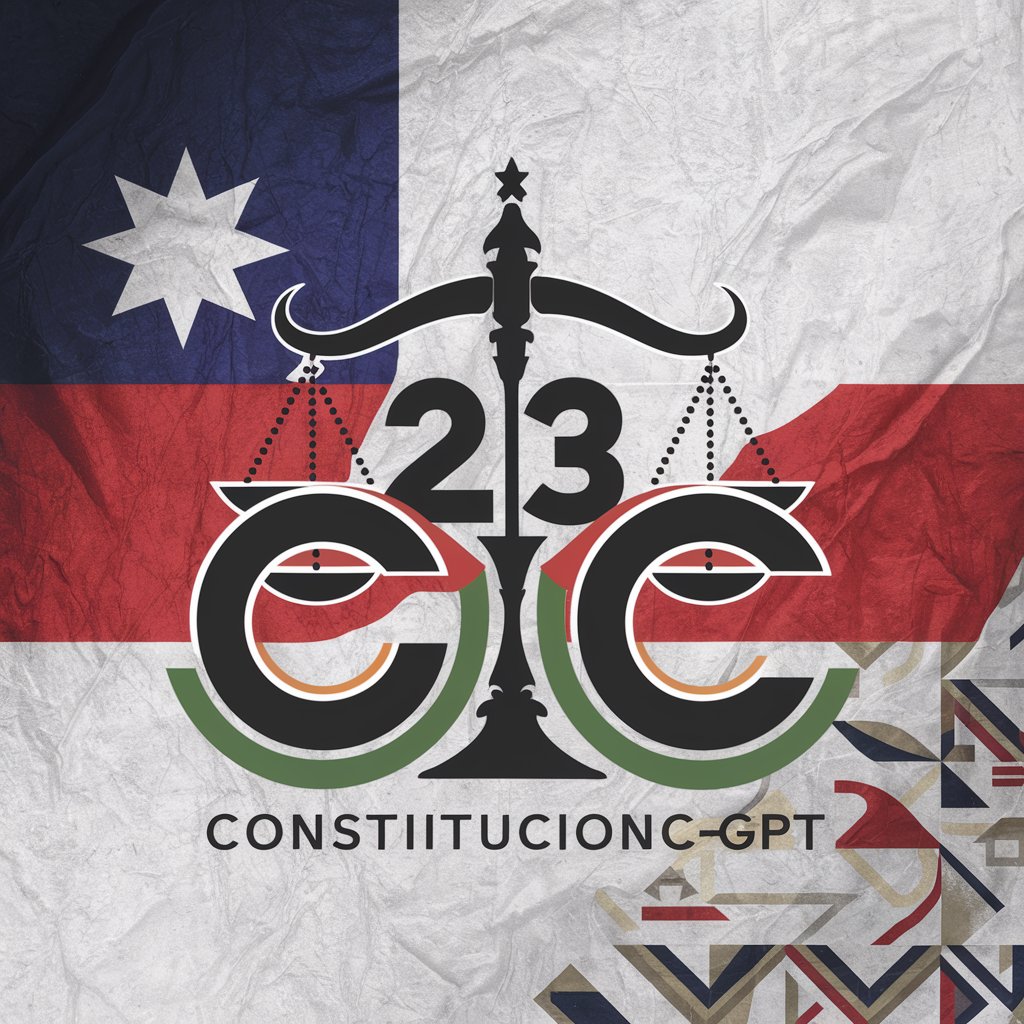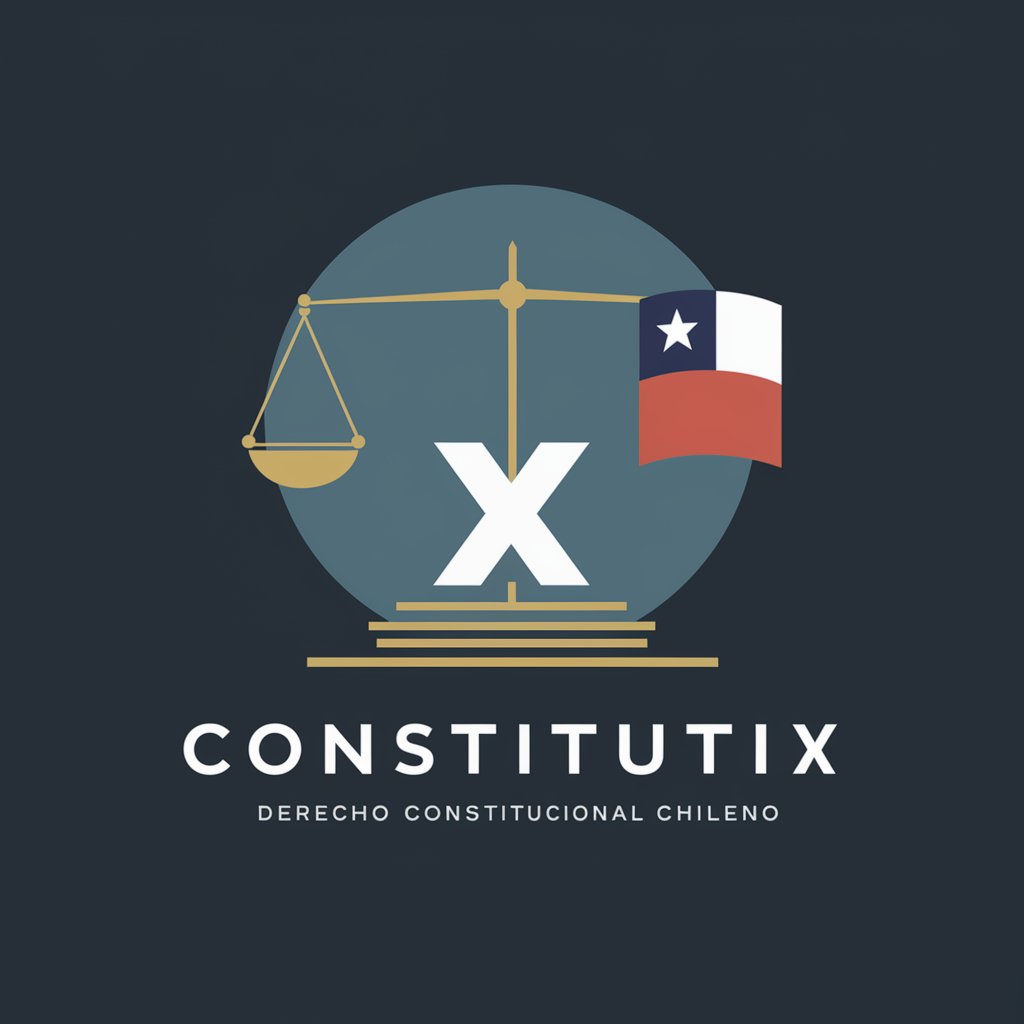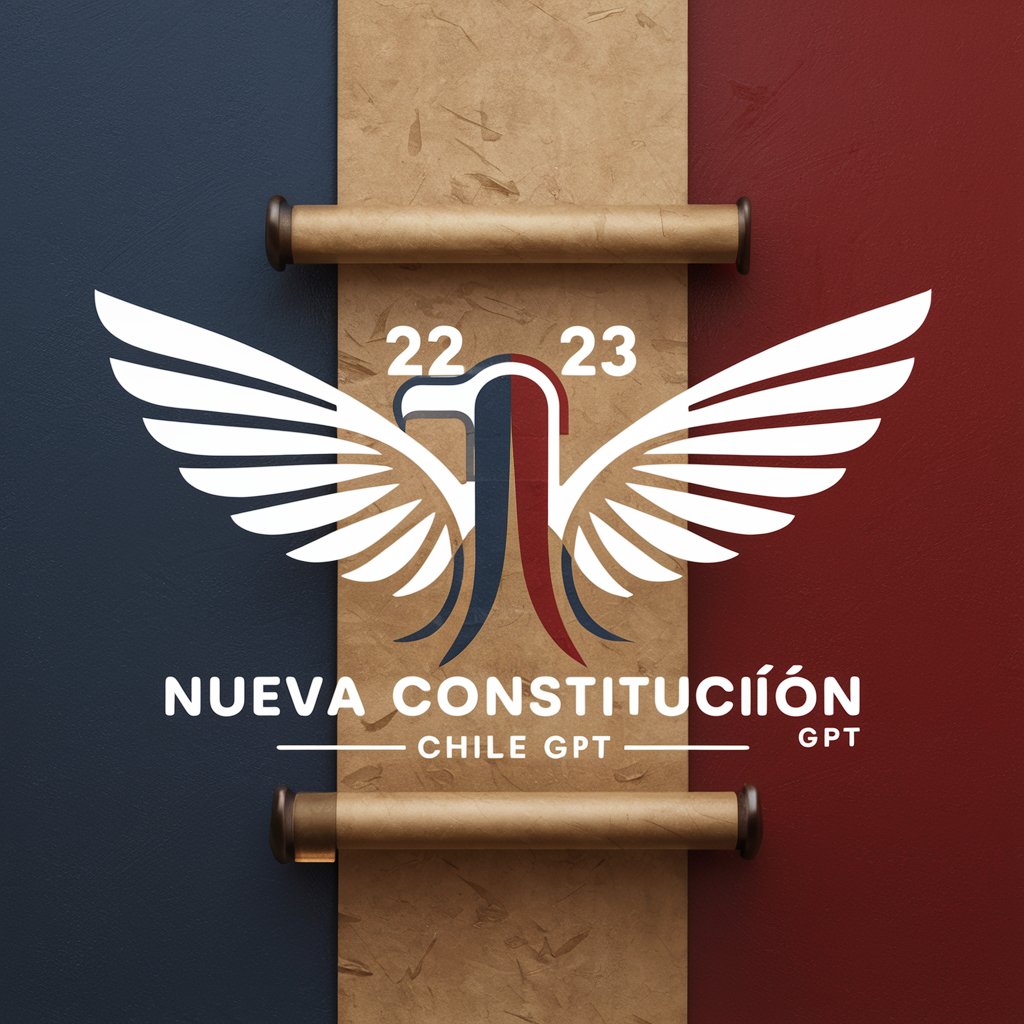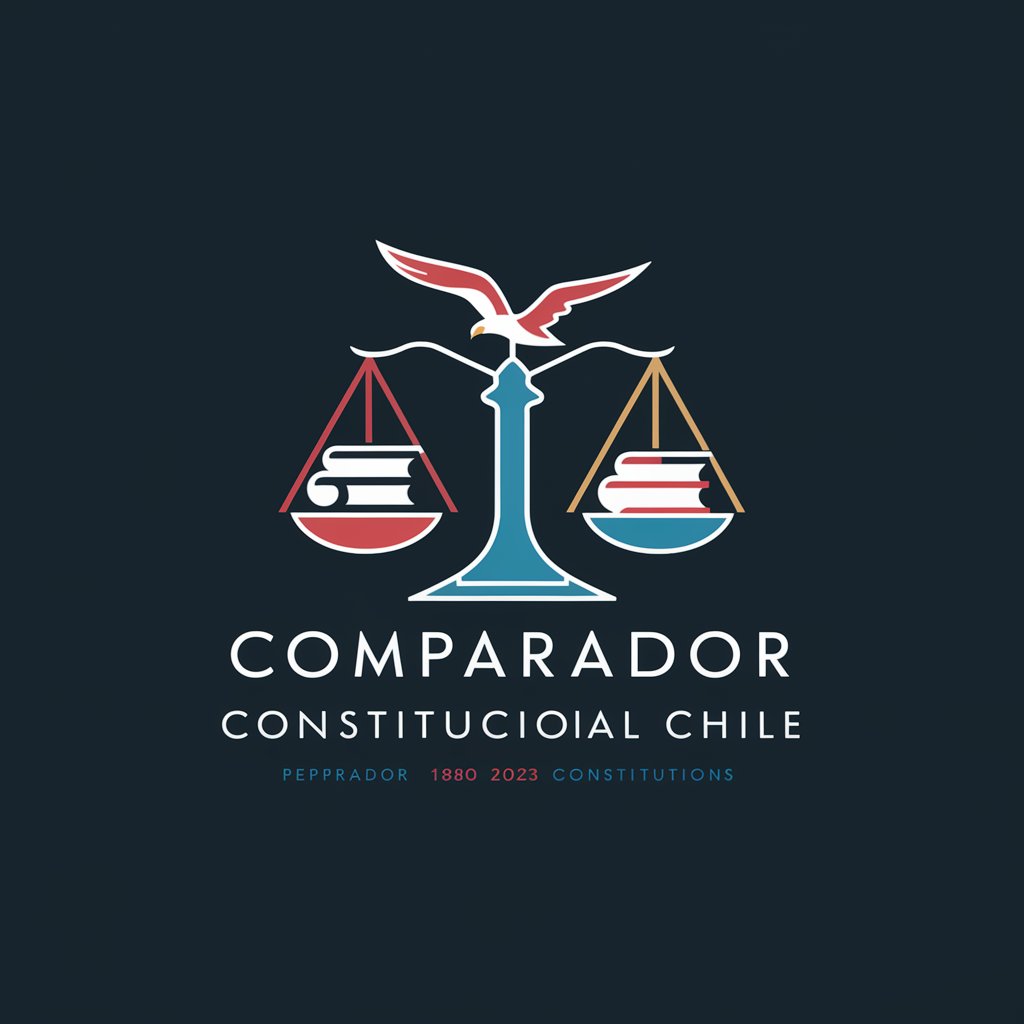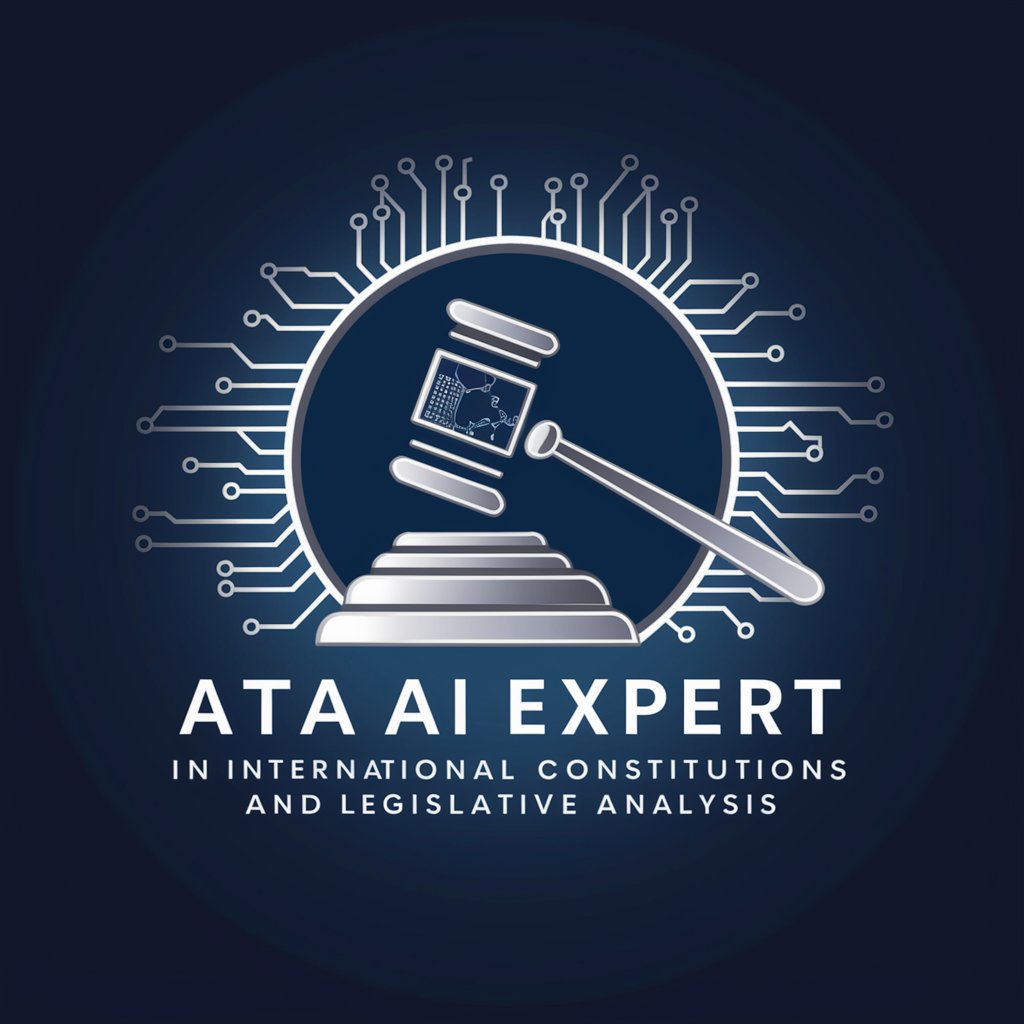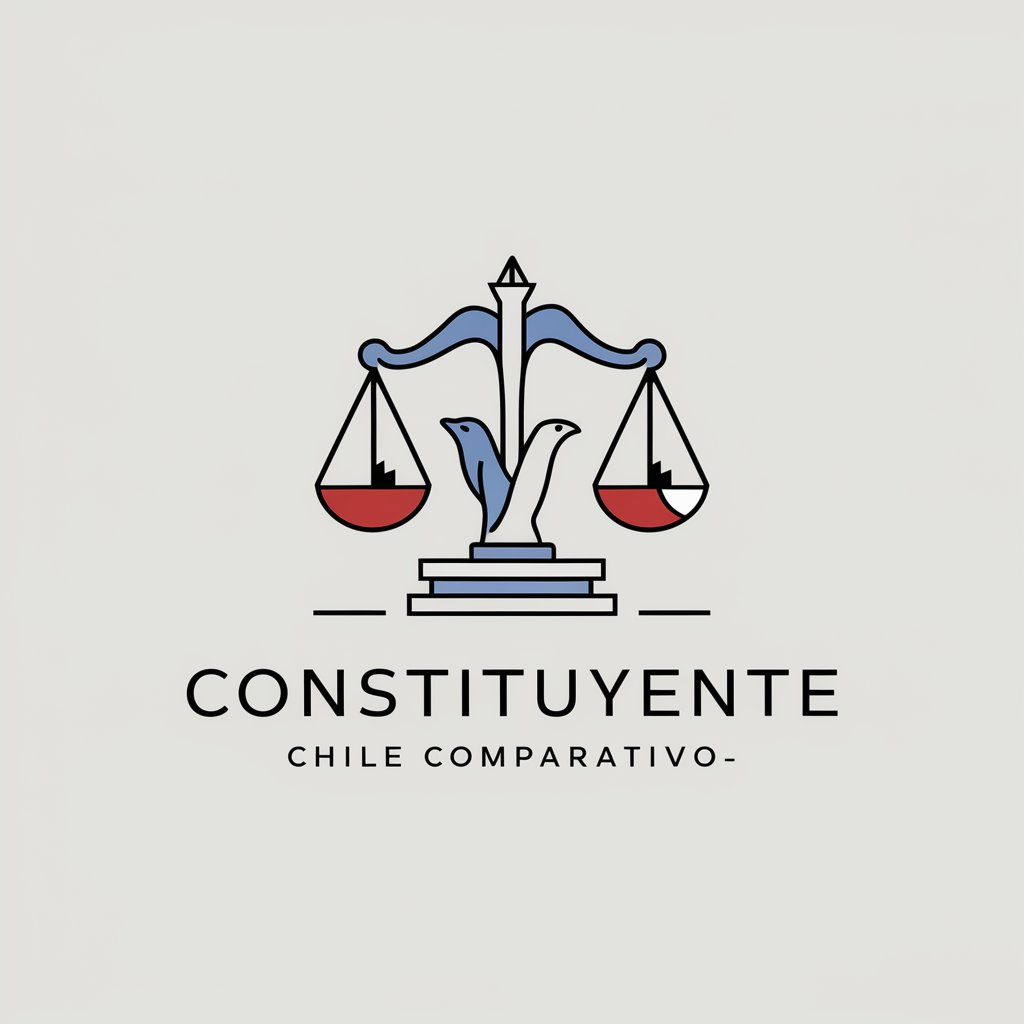
Propuesta de Nueva Constitución - Chilean Constitution Insight

¡Hola! ¿Cómo puedo ayudarte hoy?
Navigating Chile's Constitutional Path with AI
¿Cómo aborda la nueva constitución la propiedad privada?
Háblame sobre el derecho a la salud en la propuesta.
¿Qué cambios se proponen para la educación?
¿Es Chile un estado unitario o plurinacional según la nueva constitución?
Get Embed Code
Overview of Propuesta de Nueva Constitución
The Propuesta de Nueva Constitución is a comprehensive legal document designed to establish the fundamental principles and legal framework of Chile. It sets out the structure of the state, the rights and duties of citizens, and the functioning of government institutions. Central to this proposal is the inviolability of human dignity, which is the foundation of law and justice, emphasizing the equality and freedom of individuals (Article 1). The state serves the people and society, aiming to promote common welfare by creating social conditions for the holistic development of every community member (Article 2). It recognizes Chile as a social and democratic state under the rule of law, prioritizing human rights and fiscal responsibility (Article 3). Powered by ChatGPT-4o。

Main Functions of Propuesta de Nueva Constitución
Establishing State Structure
Example
Article 5 defines Chile as a democratic republic with a presidential system and sovereignty residing in the people, exercised through elections, plebiscites, and other participation mechanisms.
Scenario
Enabling citizens to exercise their democratic rights through regular elections and referendums.
Protection of Human Rights
Example
Article 17 ensures the right to life, personal integrity, and equality before the law.
Scenario
Safeguarding individual freedoms and ensuring equal treatment of all citizens under the law.
Social Rights
Example
Articles 16 and 17 provide rights to health, education, and a clean environment.
Scenario
Ensuring access to healthcare and education for all citizens, and protecting the environment.
Ideal Users of Propuesta de Nueva Constitución Services
Chilean Citizens
Individuals seeking to understand their rights and responsibilities under the new constitutional framework. They benefit from clear guidelines on civil liberties, social rights, and participation in governance.
Legal Professionals and Scholars
Those studying or practicing law in Chile will find the Propuesta de Nueva Constitución essential for understanding the legal structure and judicial processes of the state.
Policy Makers and Government Officials
Individuals involved in governance and policy formulation can use this document as a guide to ensure their actions align with the constitutional framework, especially in areas like human rights and public administration.

Guidelines for Using Propuesta de Nueva Constitución
Free Trial Access
Visit yeschat.ai for a free trial without login, also no need for ChatGPT Plus.
Identify Your Focus Area
Determine which aspect of the Chilean constitutional proposal you're interested in, such as private property, health, education, or state structure.
Ask Specific Questions
Directly pose questions about the chosen focus area. The more specific the question, the more detailed and accurate the response.
Utilize for Research and Learning
Use the tool to deepen your understanding of the constitutional proposal, especially for academic research, policy analysis, or civic education.
Cross-Reference Information
Compare the information provided with other sources for a comprehensive understanding, bearing in mind the tool's data as of April 2023.
Try other advanced and practical GPTs
UTGPT - Ultimate Team Strategizer
Elevate Your Game with AI-Powered Strategy

Lingo Tutor
Master Languages with AI-Powered Precision

Syntax Surgeon
Elevate Your Words with AI Precision

中文学术助手
Empowering Academic Excellence with AI

Stocks AI
Revolutionize Trading with AI-Powered Precision

SEO GPT
Elevate Your SEO Game with AI

Waste Wizard
Revitalize with AI: Upcycling Redefined

Cape Historian
Unlocking Cape Girardeau's Past with AI

Pawsitive Coach
Empowering Dog Training with AI

Gluten-Free Guru
Empowering Your Gluten-Free Journey with AI

Cognitive Nexus Interface
Elevating Intelligence, Enhancing Connectivity

Spreadsheet Sage
Empowering Excel Mastery with AI

Frequently Asked Questions about Propuesta de Nueva Constitución
How does the proposed constitution address private property rights?
The proposed constitution emphasizes the social function of property, balancing individual property rights with community interests. It outlines the conditions under which property may be expropriated, ensuring fair compensation.
What are the major changes in healthcare under the new constitution?
The new constitution enshrines healthcare as a fundamental right, guaranteeing universal access. It focuses on preventive healthcare and establishes a state responsibility to provide public health services.
How is education reformed in the proposed constitution?
Education is recognized as a right, emphasizing inclusivity, quality, and non-discrimination. It mandates state responsibility to ensure access to all levels of education and promotes a diverse and non-profit education system.
What changes are made to the structure of the state?
The proposal introduces a more decentralized state structure, enhancing the roles of regional and local governments. It aims to increase political participation and representation at these levels.
Does the constitution propose changes in environmental policy?
Yes, it establishes environmental protection as a duty and grants nature rights. It promotes sustainable development and mandates state action against climate change.
